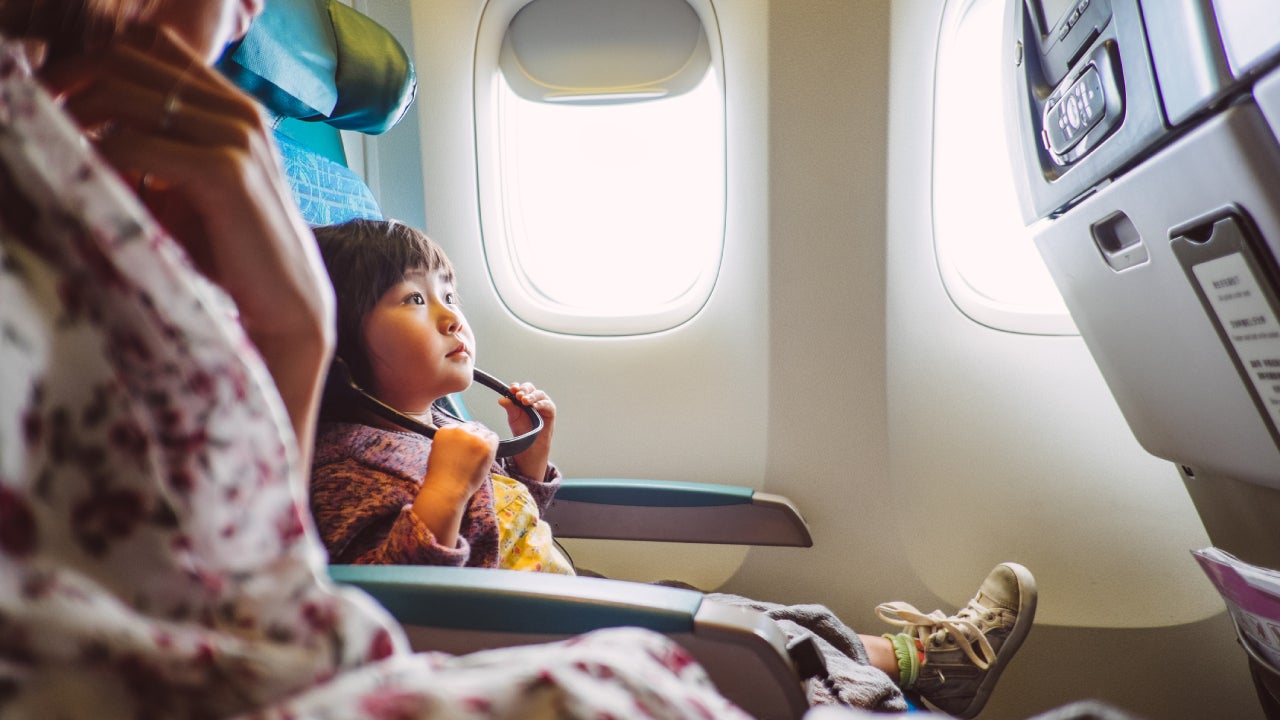
Traveling during the holidays can be an exciting, yet anxiety provoking experience. This may be particularly true for a child with autism (ASD) because of factors connected to traveling, including a change in routine, navigating unfamiliar environments, and the differences in sensory stimulation. Below are some tips on traveling with your child with special needs.
In the weeks leading up to your trip, create a picture or word story with your child that overviews the travel process. Include pictures and descriptions of what to expect, including long car rides, and the airport terminal and security. Include sensory experiences the child might encounter such as the pressure associated with their ears popping at takeoff and landing. Review this information as often as possible prior to departure. This will help to increase predictability for your child in an otherwise unfamiliar process.
Packing the right items to support your child’s needs can make a world of difference when traveling. Don’t forget to pack necessary coping or treatment items in a bag you have with you at all times, like a change of clothes and medicines. Bring items to keep your child entertained. Be sure to pack your child’s favorite toys, books, snacks, headphones and electronics. Keep in mind that there will be times when electronics may not be used on the plane. Have contingency plans for possible flight delays or traffic on the road.
There may be a limited assortment of foods offered on the road or on the airplane. This can prove troublesome if your child has any dietary restrictions or if your child is a picky eater. It may be helpful to pack a variety of snacks and mini meals for your child. Also, remember to pack chewy foods, like fruit gummies or a bagel, for a child who seeks sensory stimulation orally.
Role-playing at home is a great way to ready your child with autism for the travel experience. At home, you can take turns pretending that you or your child is the TSA officer, and the other is the person walking through security. Or go for a car ride that is longer than usual with packed snack and music. It will be most beneficial to your child with autism if you are as detailed as possible.
Traveling does not fall into usual routines, so children with autism may feel lost and unanchored, and that can lead to breakdowns. Know your child's trigger points and plan accordingly. Does your child tend to tire at around the same time each day? Does too much visual or physical stimuli kick start bouts of anxiety? Did you over schedule your child? It's essential to plan for breaks and downtime so that it is not an afterthought. As the parent, you have to know when to throw in the towel by anticipating needs and taking a break by bringing your child to a quiet spot, a relaxation space, or back to the hotel room to wind down.
If you are overwhelmed and you feel you need financial help, you can always reach out to us.
American Advocacy Group is on the front lines every day, making positive change happen for people diagnosed with Autism, Down syndrome and a range of diagnoses across the continuum. As a leading advocate for all people with intellectual and developmental disabilities and their families, and the premier provider of the support and services people want and need, we understand the system and know how to take action in regard to your best interests.
CONTACT US FOR HELP.
Dial (877) 762-0702 or email us at [email protected].